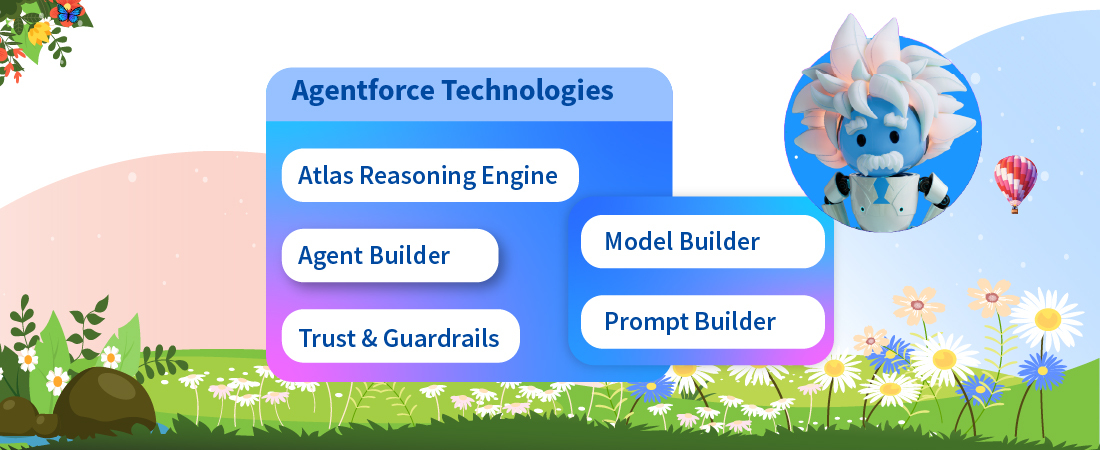Corporations ranging from startups to Fortune 500 understand the importance of managing customer relationships and a reason Customer Relationship Management (CRM) software are mainstream in every type of organizations. Be it a simple contacts list designed in Google Sheet, or a complex customer interaction driven organizations with multiple customer touchpoints based every kind of organization is using CRM. According to some reports, the growth of the CRM software market is expected to grow to US$48.4 billion by 2020.
CRM solutions help corporations calibrate, execute, improve, and manage your customer engagement. An optimally designed and deployed CRM solution does not attempt to replace or create processes.
Implementing Salesforce CRM solution before creating customer-centric processes, or before considering what you need from CRM to get the most from those processes, is a recipe for failure.
But with the benefit that accrues to a corporation after successful CRM implementation also brings some challenges and corporations need to keep that in mind.
Some questions that key stakeholders need to ask to evaluate the success of a CRM implementation are-
Revenue growth
Many corporations look at a CRM solution as just another tool to measure employee activity, reporting dashboard and collaboration tools, and this is not necessarily the key attributes that corporations should look at when implementing a CRM solution.
The key objective of a CRM solution should be how effectively it is enabling corporations to connect with its current and prospective customers. This should be the mandate to all the users of a CRM solution from the market research team to the CEO along with everyone in between.
While evaluating the efficacy of a CRM rollout, a corporation needs to ask questions like how many members of the sales team access the platform on a regular basis. CRM is a platform that is deployed with the objective of enabling sales teams to sell more, access sales and marketing collaterals during sales cycles seamlessly, and manage their accounts and relationships.
Many corporations make the mistake of not undertaking a proper requirement analysis or post-deployment training which results in low adoption of the platform. If the sales team understands the importance of this tool, a corporation will have a successful CRM rollout.

Sales and Marketing collaboration
Sales and marketing function is supposed to work in tandem but in quite a few corporations this is not the scenario. Effective collaboration between these two functions will ensure that marketing promotions are designed right and lead quality is optimized.
If the departments continue to work in a silo post a CRM implementation, then it raises questions on a CRM deployment effectiveness. Traditionally sales and marketing function has poor coordination but this should be addressed in a good CRM implementation. Streamlined process handoffs and ownership of processes are absolutely critical. Early in the customer engagement cycle, sales and marketing need to play a role in qualifying opportunities that the teams should pursue. As customer engagement moves ahead, both the teams should have a common understanding of what is actually a qualified lead.
Post CRM deployment are sales and marketing teams working together to create collaterals. Are they taking ownership and addressing aspects like customer attrition, win/loss analysis?
Training
End-user training is absolutely critical to CRM implementation success. Corporations tend to take up quite a varied option, sometimes believing that self-paced unguided training can meet the needs of end users.
The question to ask is, whether a CRM rollout has a well chalked out training program incorporated within it. Where employees are given the opportunity to undertake training with questions. Every stakeholder should have an understanding of their skill sets and what changes in processes will happen to post the CRM implementation.
To wrap up
A corporation should not think of a CRM deployment as the end game. Every corporation needs a CRM and an effective CRM implementation is absolutely critical to its success. It is also important to understand that without matching the process to the solution, it is just a costly paperweight.






